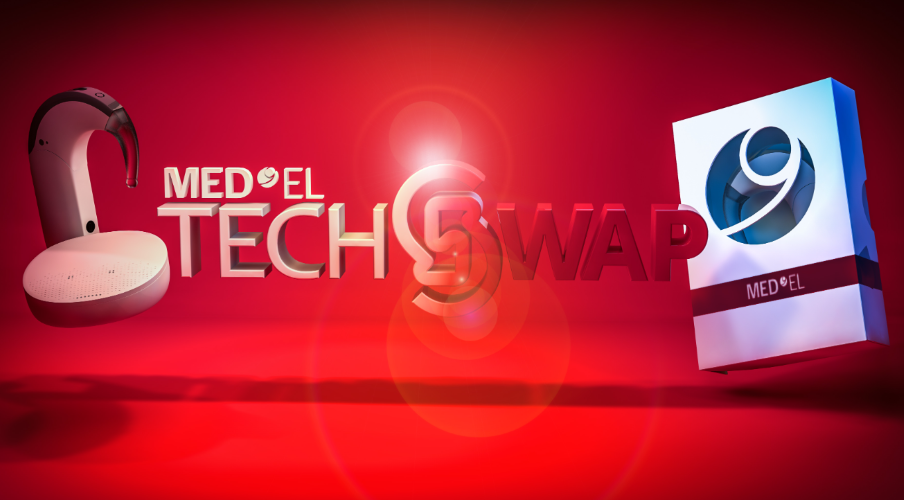

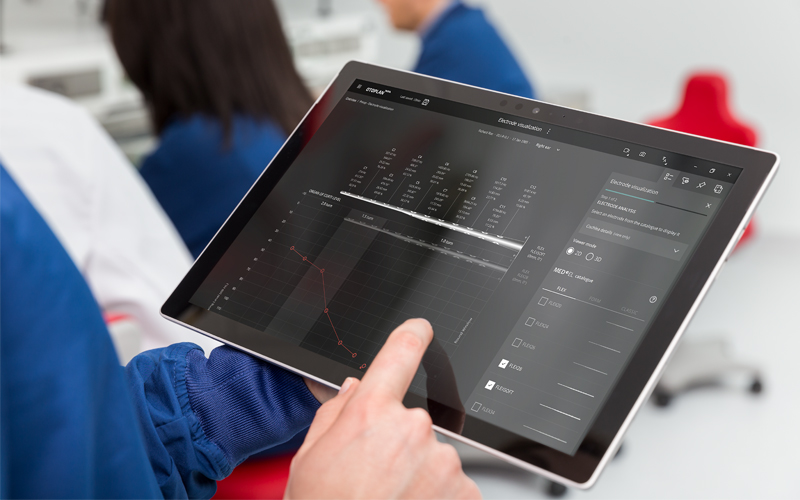
In a recent webinar, Cache Pitt, Clinical Professor of Audiology at Utah State University, and Barb Foster, Director of Education Training at MED-EL, discussed how incorporating Anatomy-Based Fitting and ESRT (Electrically Evoked Stapedial Reflex Threshold) into cochlear implant programming can significantly boost clinical efficiency.
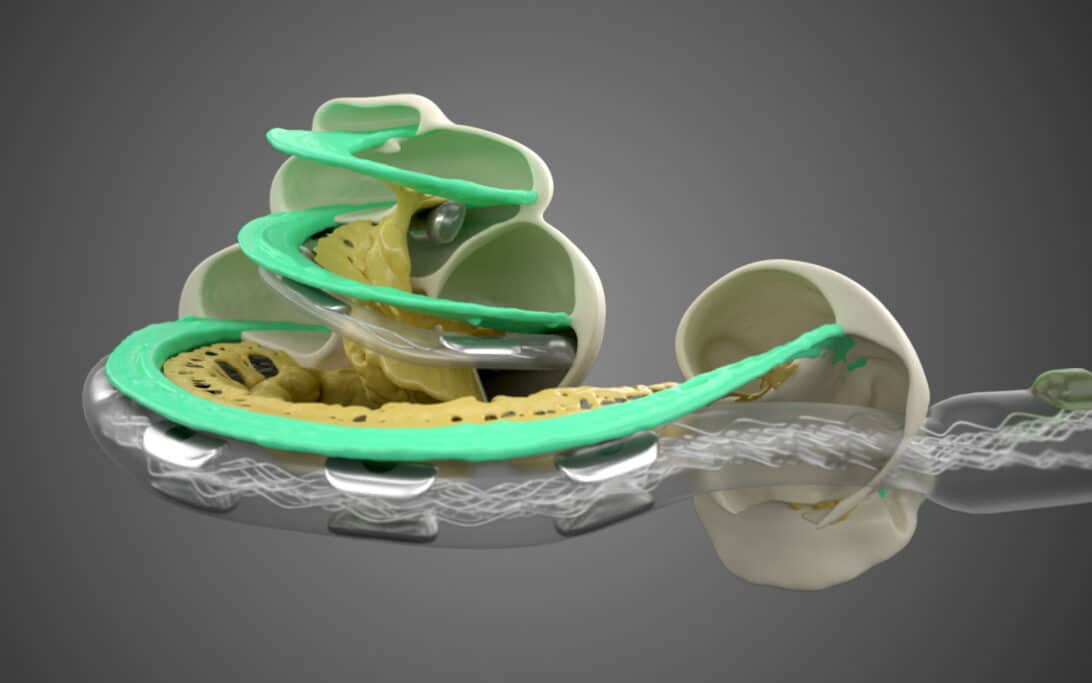
A cochlear implant electrode serves as a crucial bridge between technology and nature that connects recipients to sound. The electrode array can significantly impact hearing outcomes. For instance, there is now growing consensus among researchers that stimulating more of the cochlea is associated with better speech perception and music appreciation. Here is the latest research you need to know to ensure each of your patients can benefit the most from their cochlear implant.
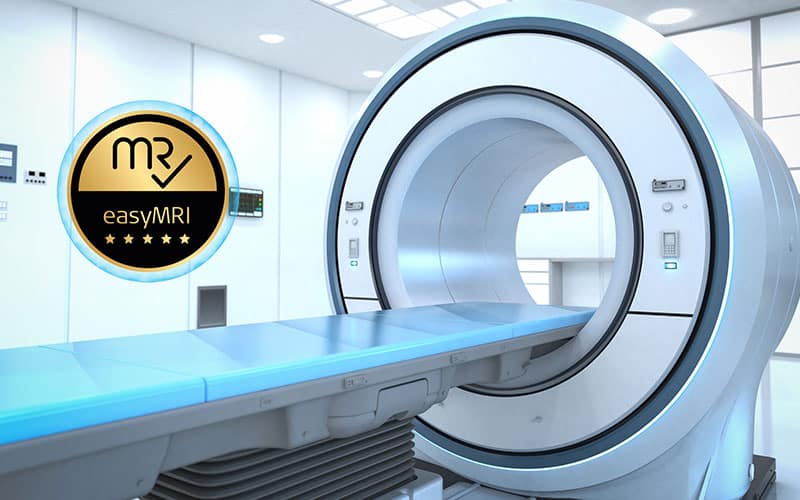
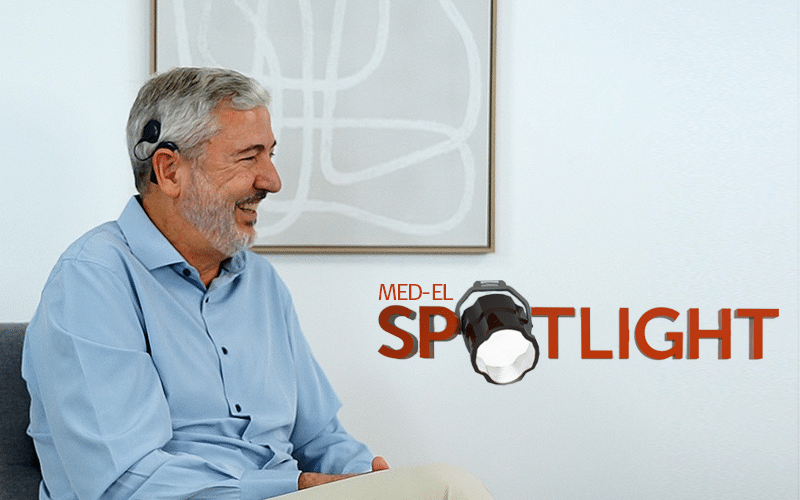
In the latest episode of the MED-EL Spotlight series, we sat down with Joe Duarte, a passionate music lover and bilateral cochlear implant recipient from Virginia. This installment focused on the transformative impact of music on rehabilitation and Joe's profound journey back to the world of sound.

Discover how MED-EL's focus on preserving delicate cochlear structures, precise stimulation delivery, and innovative pulse technology sets the stage for a truly natural sound experience. We will explore the intriguing dynamics between electrode design and sound quality, offering a glimpse into the future of cochlear implant technology.